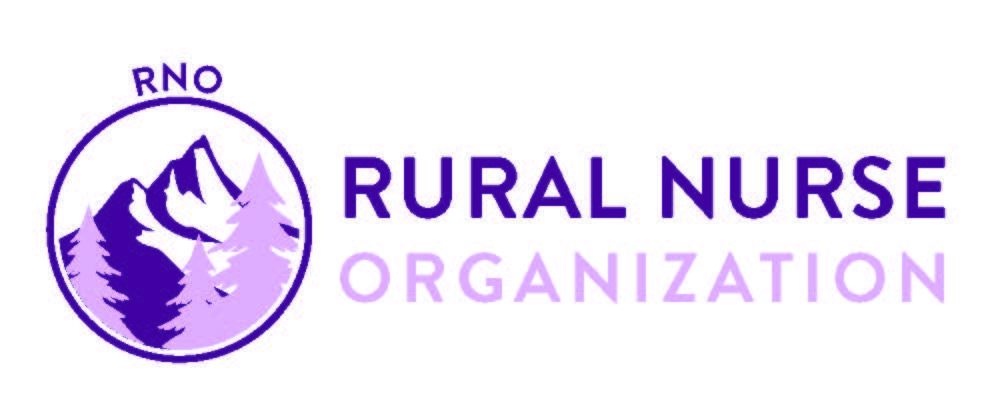This blog post was prepared by RNO Website Committee Chair Joan Grant Keltner.
Empirical data support an imbalance in accessing quality health care and the need to test innovative solutions to deliver quality healthcare to farmers and their families. These individuals are receptive to solutions that provide reasonable, dependable, and cost-effective health care, including virtual health care platforms. As expected, some major issues farmers’ report includes not being able to access quality medical care in view of a shortage of rural health providers. The time it takes to travel long distances to medical appointments and limited access to telemedicine are other significant barriers. These individuals desire quality health care that is affordable, accessible, consistent, sufficient, and flexible care around their busy daily lives.
Desired interventions are those which provide formal, affordable, and cost-effective health care, physical and psychosocial well-being and health programs, and affordable costs in accessing health insurance. While farmers are willing to use virtual health care for many of their medical needs, a significant constraint is smart phone costs and a lack of high-speed internet, although virtual visits commonly are cheaper when comparing to traveling long-distances to health providers. These individuals report other issues regarding isolation, time, and inadequate peer and co-worker support for integrating healthy daily lifestyle interventions. Farmers desire accessible and flexible support programs that address strategies to improve their overall health and well-being, as well as safety training (e.g., injury prevention, first aid training; Wright et al., 2021).
So, how do policymakers and health system leaders support farmers? The NRHA (2024) and other agencies (Farm Foundation, 2022; University of Minnesota Rural Health Research Center and NORC Walsh Center for Rural Health Analysis, 2022, 2024; Wright et al., 2021; Yazd et al., 2019) suggest we support legislation and offer agendas to improve the quality and well-being of these rural individuals, through:
- 1. additional rural support programs that offer fiscal support to healthcare facilities to improve community health and well-being;
- 2. enhanced rural broadband access for access to distance learning and telemedicine programs;
- 3. more assistance for emergency medical services and equipment to enable health personnel to respond during urgent situations;
- 4. programs, hotlines, and resources focused on farmers who have physical and behavioral health issues and mental health crises;
- 5. food security plans to address rural health disparities and healthy lifestyles;
- 6. support programs to provide physical and psychosocial support for healthy lifestyles, as well as safety training; and
- 7. more opportunities for accessing peer and co-worker support.
References
Farm Foundation. (2022). Perspective: Farmer mental and physical health as components of sustainability. https://www.farmfoundation.org/2022/07/20/perspective-farmer-mental-and-physical-health-as-components-of-sustainability/#:~:text=These%20include%20FarmAid%2C%20Avera%20Farmer%20and%20Rural%20Stress,cope%20with%20farm%20related%20stress%20%28Farm%20Credit%2C%202020%29
National Rural Health Association (NRHA). (2024). Farm bill priorities. https://www.ruralhealth.us/nationalruralhealth/media/documents/advocacy/advocacy%20leave-behinds%202024/farm-bill-priorities.pdf
University of Minnesota Rural Health Research Center and NORC Walsh Center for Rural Health Analysis. (2022). Rural Suicide Prevention Toolkit [online] Rural Health Information Hub. https://www.ruralhealthinfo.org/toolkits/suicide
University of Minnesota Rural Health Research Center and NORC Walsh Center for Rural Health Analysis (2024). Mental Health in Rural Communities Toolkit [online] Rural Health Information Hub. https://www.ruralhealthinfo.org/toolkits/mental-health
Wright, N., Scherdt, M., Aebersold, M. L., McCullagh, M. C., Medvec, B. R., Ellimoottil, C., Patel, M. R., Shapiro, S., & Friese, C. R. (2021). Rural Michigan farmers' health concerns and experiences: A focus group study. Journal of Primary Care & Community Health, 12, 21501327211053519. https://doi.org/10.1177/21501327211053519
Yazd, S. D., Wheeler, S. A., & Zuo, A. (2019). Key risk factors affecting farmers’ mental health: A systematic review. International Journal of Environmental Research and Public Health, 16(23), 4849. https://doi.org/10.3390/ijerph16234849
